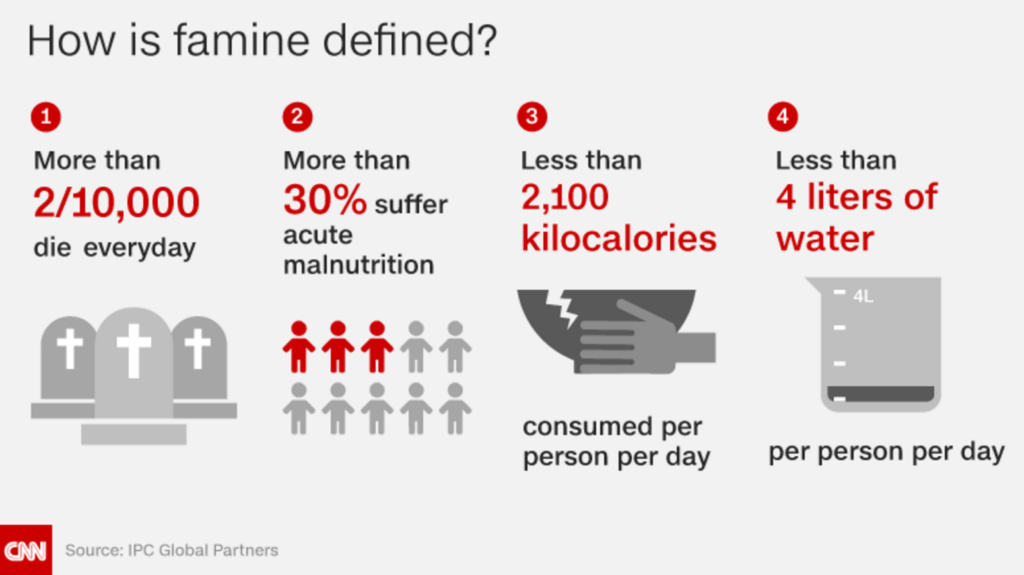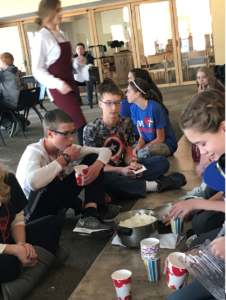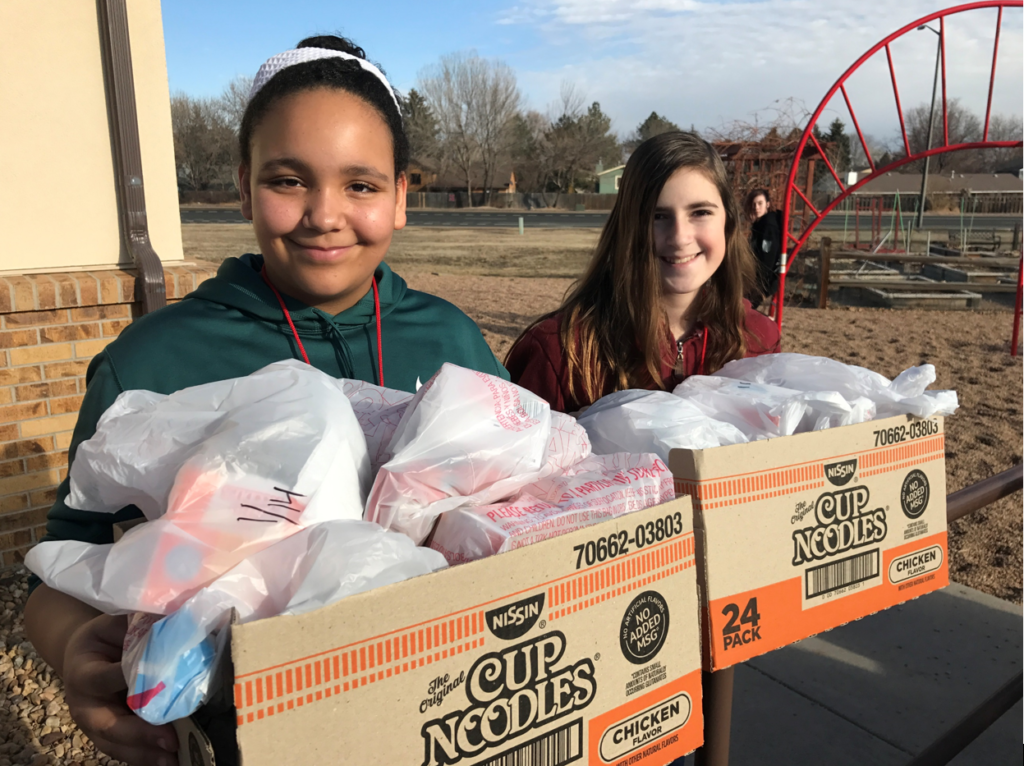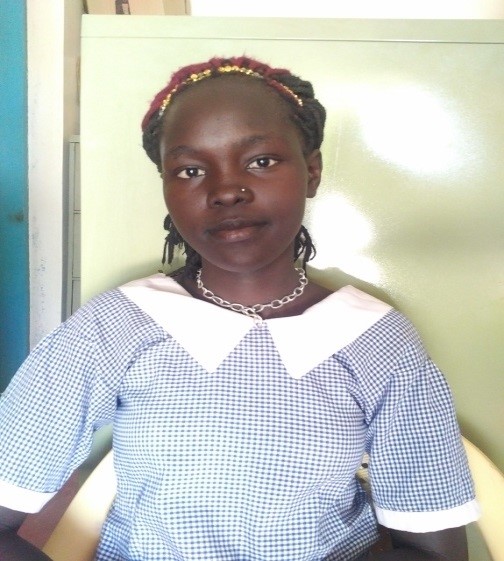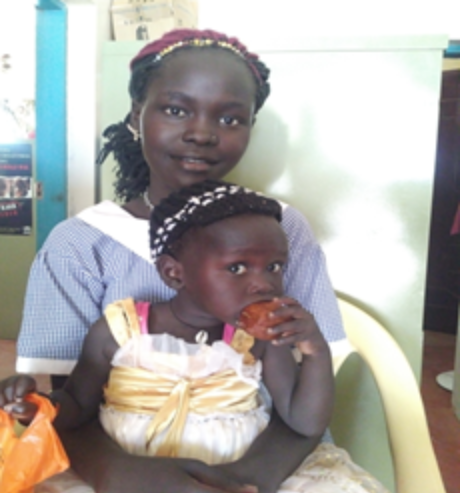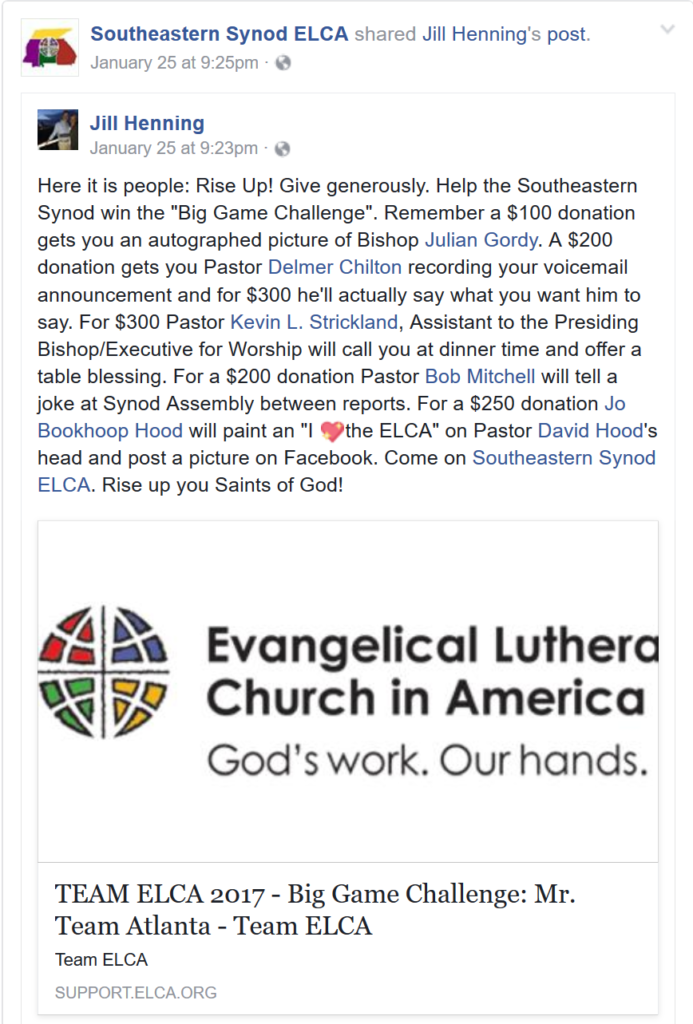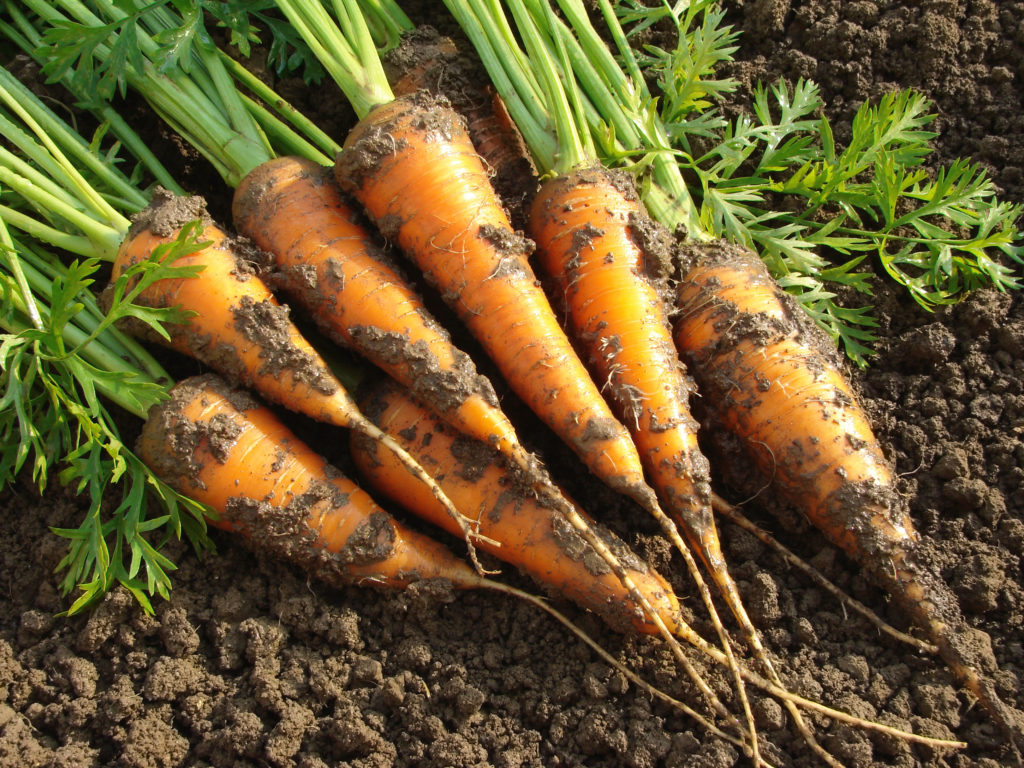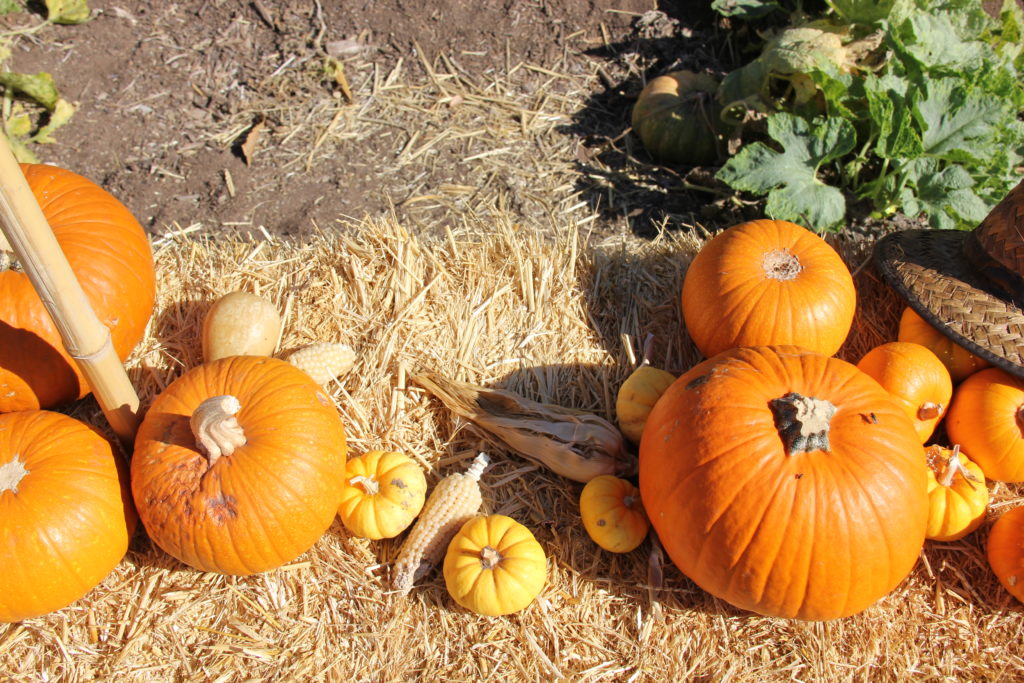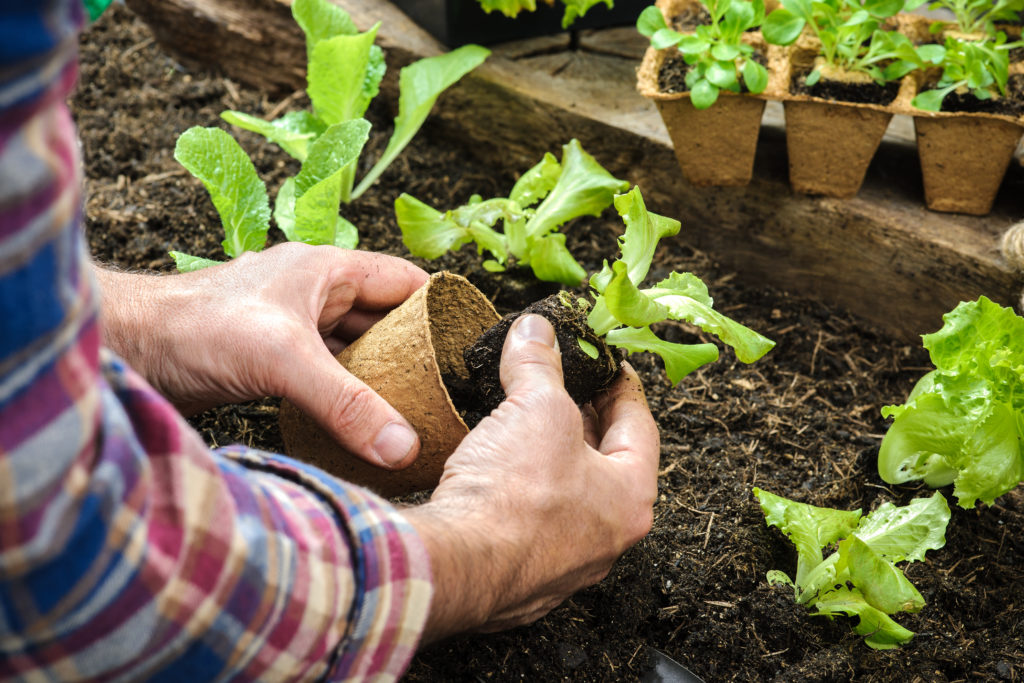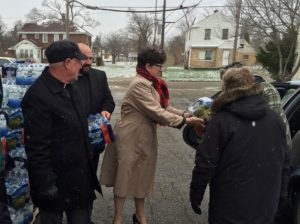ELCA World Hunger Education and Networking Grants are designed to support local projects and programs in ELCA congregations, groups and/or synods. The grant opportunity encourages ELCA congregations, groups and/or synods to think creatively about educating, mobilizing, and expanding their networks to increase awareness of and engagement with the root causes of and solutions to hunger.
Education grants can be used for events, educational programs or the development of shareable resources. For networking proposals, congregation-based and synod-wide hunger leadership events and trainings will be prioritized.
Proposals must be submitted by a non-profit charitable organization classified as a 501(c)(3) public charity by the Internal Revenue Service, or organization that operates under the fiscal sponsorship of a 501(c)(3).
Submit your proposal electronically as a pdf to hunger@ELCA.org. Or, you can mail your proposal to:
ELCA World Hunger
Attn: Ryan Cumming
8765 W. Higgins Rd.
Chicago, IL 60631-4101
PROPOSAL SECTIONS AND FORMAT – All proposals must include the following items.
1. Background and Context
a brief (2-3 paragraphs) description of your congregation, group or organization and a narrative of the context in which the project, event or initiative will take place. This should clearly show what your program, congregation or group is attempting to address and how the proposal relates to the current priorities of ELCA World Hunger Education and Networking.
2. Project Summary
a description of how the project, event or initiative will:
- Educate and engage ELCA congregations, groups, and/or synods;
- Influence this church body toward better action and engagement against hunger and poverty; and
- Encourage sustainable participation in the anti-hunger work of ELCA World Hunger past the conclusion of the project, event or initiative.
- Note: If your project involves service-learning, please include a detailed summary of your plans for preparing the participants and debriefing with the group after the event.
3. Project Goals, Objectives, Outcomes and Outputs
Goal – a brief statement that summarizes the direction and focus of the program and defines the scope: What are you hoping to accomplish? Who will be your audience? How many people will be affected?
Objectives – statements that communicate your hopes for the program or project
- What will participants learn by participating? (for educational proposals)
- What actions will participants do together, begin or carry out in their congregations, synods or communities after the event or training? (for networking proposals)
Outcomes – How will you measure the success of your project? Please include one process objective (What activities will be completed in what specific time period?) and one impact outcome (What will change in the lives of participants or in your community because of this project?)
Output – Will your project create a story, resource, or learning that can be shared with the broader Church? If so, how will this be shared?
4. Project Plan and Timeline
a brief description of how the project will be implemented and funded with a projected timeline; if the project is ongoing, what is your plan for sustainable funding for the life of the project?
5. Budget
a clear statement of the amount of funding you are seeking using the format below:
| Item | Amount | Explanation |
| Put the line item label here. | Put the line item cost here. | Describe how you came to that amount. You may also use this section to further explain why you need this cost covered, if you believe that is not clear from the proposal. |
6. Contact Information
the organization’s name, address, contact person, email, phone number, and tax ID number
7. ELCA Letter of Support
All proposals must include a letter of support from an ELCA pastor, bishop, synod or churchwide organization staff person or Lutheran agency/institution that explains how a relationship between the organization and ELCA World Hunger impacts/enhances each other’s work and furthers the objectives and guidelines of ELCA World Hunger, especially in education and networking.
IMPORTANT INFORMATION
- ELCA World Hunger Education and Networking Grants, in general, cannot be used to support international travel.
- If your proposal involves direct service, you may want to consider ELCA World Hunger’s Domestic Hunger Grant program. In general, this is a more appropriate granting opportunity for direct service activities.
- If your group is seeking a grant to support a service learning experience, please include a detailed summary of your plans for preparing the participants and debriefing with the group after the event.
Proposals will be reviewed throughout the year and typically take 2-4 weeks to process. All proposals must be received by December 31, 2017, to be considered for funding.
Submit your proposal electronically as a pdf to hunger@ELCA.org. Or, you can mail your proposal to:
ELCA World Hunger
Attn: Ryan Cumming
8765 W. Higgins Rd.
Chicago, IL 60631-4101
If you have any questions please email hunger@ELCA.org.


